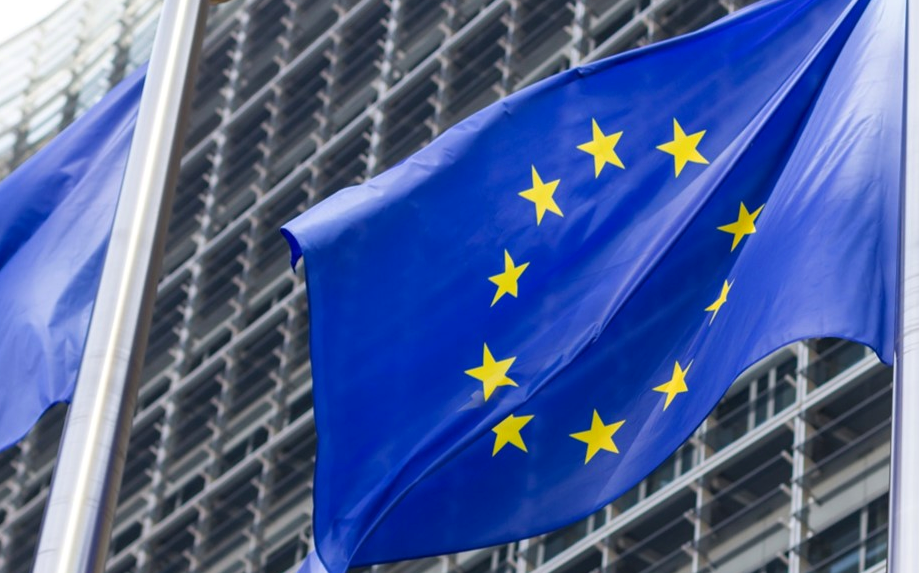RED II is now reality. What’s next for biofuels?
With EU policy now approved for 2020-2030, Member States need to maximise their use of European ethanol to meet targets for renewables in transport
BRUSSELS, 13 November 2018 – The European Parliament’s final adoption of the EU’s renewable energy policy for 2020-2030 opens the door to a more effective approach to decarbonising transport – but it will be up to Member States to turn that ambition into action.
The newly approved Renewable Energy Directive (known as RED II) confirms the importance of sustainably produced crop-based biofuels such as European ethanol to achieving EU climate goals. However, it still caps the contribution these low-carbon fuels can make at each Member State’s 2020 levels, up to 7%.
That means EU Member States have between now and 2020 to increase their use of renewable ethanol in transport – for example by adopting E10 as the standard petrol – if they want to maximise their ability to reach renewables and climate targets under both the RED II and the Effort Sharing Regulation. With EU transport emissions continuing to rise and international organisations warning of the dangers of inaction in the face of climate change, the need for progress on emissions reduction has never been more urgent.
“There’s a message here for the European Commission as it prepares to unveil its long-term strategy for emissions reduction,” said Emmanuel Desplechin, Secretary-General of ePURE. “Member States and the European Parliament have agreed that sustainable crop-based biofuels like EU ethanol have an important role to play in decarbonisation. The new long-term strategy looking to 2050 should reinforce this by acknowledging the importance of both first- and second-generation ethanol. That would send a real signal from Brussels to Member States that the EU is serious about reducing emissions from transport.”
